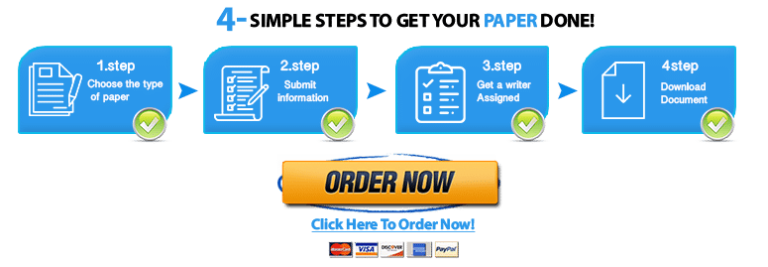Fad Magnet Controversial Therapies for Autism and Intellectual Disabilities
Part 1 (10 Points)
Controversial Therapies for Autism and Intellectual Disabilities: Fad, Fashion, and Science in Professional Practice Chapter 11 is entitled:
Autism : A Twenty-First Century Fad Magnet
1. Discuss what is meant by ‘21st entry Fad Magnet?’
2. Why does autism in particular serve as a fad-magnet?
3. Select 4 of the Fad treatments presented in chapter 11 – discuss reasons why each of these treatments has gained appeal – and why, without evidence of benefit – their use persists.
Part 2: (10 Points)
Controversial Therapies for Autism and Intellectual Disabilities: Fad, Fashion, and Science in Professional Practice Chapter 11 includes a section titled: Applied Behavior Analysis (ABA)—Is It a Fad? (p. 186 / loc 5979 digital)
The authors write “Of greatest concern to us is the deplorable “branding” of ABA programs” (P. 187 – loc 6016 ).
1. What do the authors mean by ‘branding’ in this sense?
2. Have you observed this in your own environment?
3. Why is this a concern?
4. What are the negative outcomes for clients -and the field – of this type of branding?
5. What can we as behavior analysts do to preempt — and correct — this view?
Part 3 (10 Points)
In chapters 11, 12 and 13 – a common thread is the importance of practitioners and parents to become consumers of science.
1. Define and provide an example and non-example to illustrate what is meant by ’consumers of science’.
2. Discuss how you, as a professional, will strive to be a consumer of science.
3. How can you, as a professional, shape parents behavior as consumers of science?
Chapter 5 of Bad Advice: Or Why Celebrities, Politicians, and Activists Aren’t Your Best Source of Health Information is entitled: To Debate of Not to Debate. The author provides several examples of situations in which experts debate proponents of unsubstantiated approaches. At the conclusion of Chapter 5, Offit writes:
So in the end, my advice is that debating the undebatable is worthwhile. But scientists (like me) need to take their focus off the host and the person they’re debating and even the people in the room and shift it onto the people who aren’t there. This is also true for debates on chatrooms and blogs on the internet. Don’t think of these opportunities as debates. Think of them as teachable moments. (p. 95 , loc 1682)
Consider the topics of debate presented in Chapter 5 from the perspective of the role – and responsibility – of a behavior analyst.
4. How can Of fit’s advice – relate to our interactions with clients – parents – and other practitioners?
And in the final sentence Offit writes:
I, however, will have trouble following this advice. It’s just too emotional for me.
5. How do we, as behavior analysts — deal with our own emotional reaction to those with opposing views?
